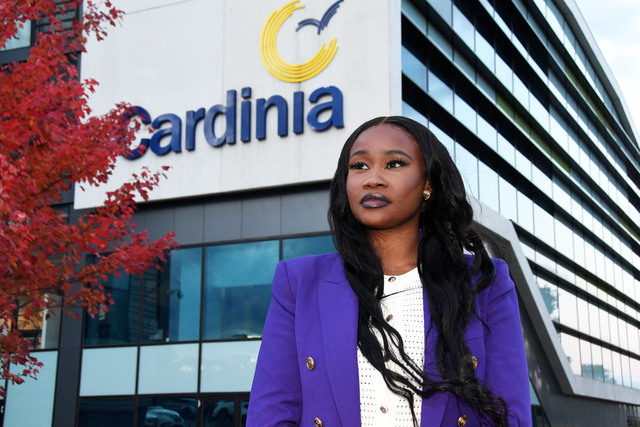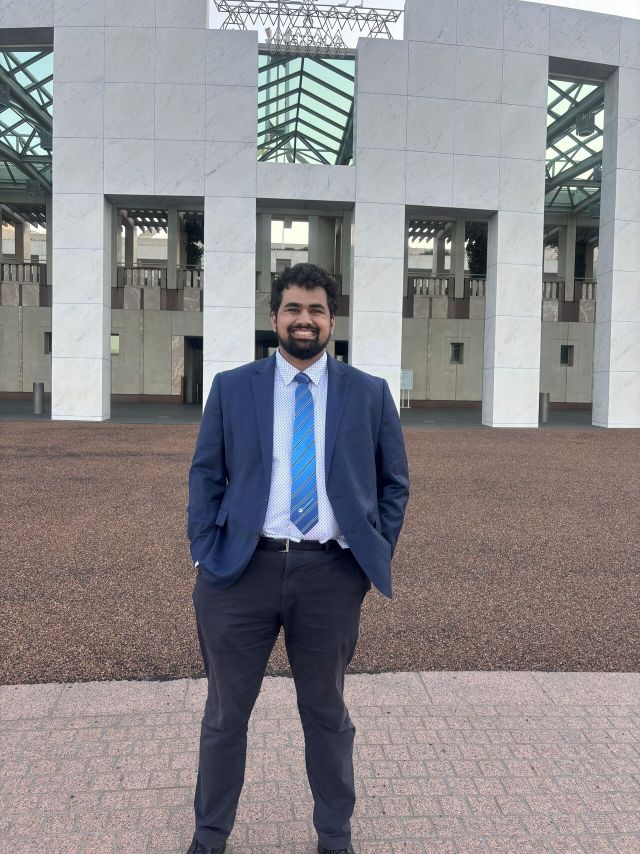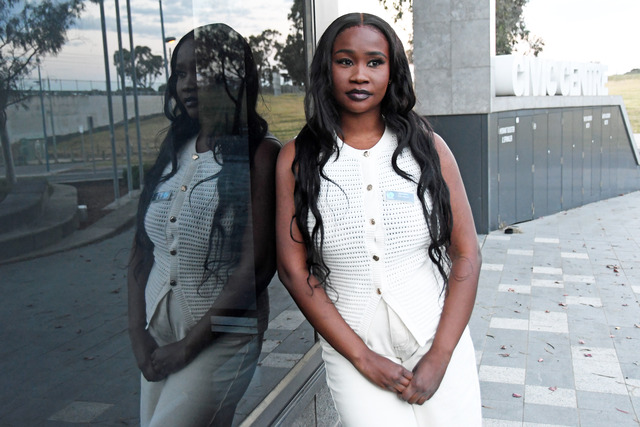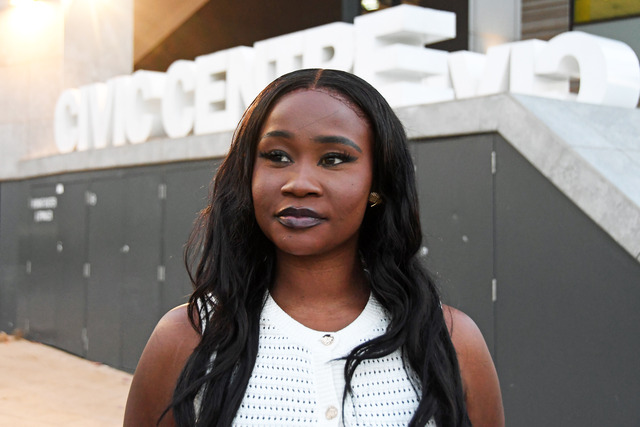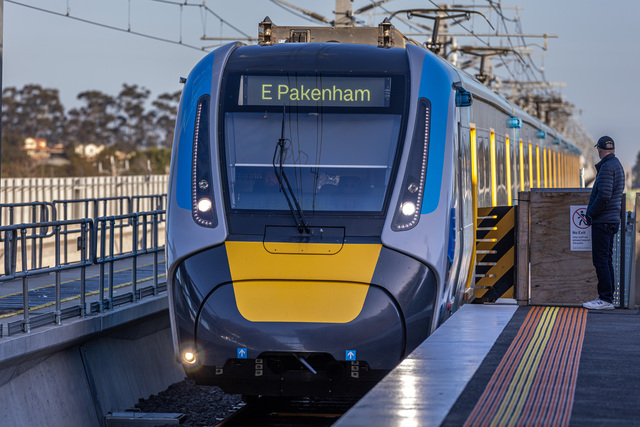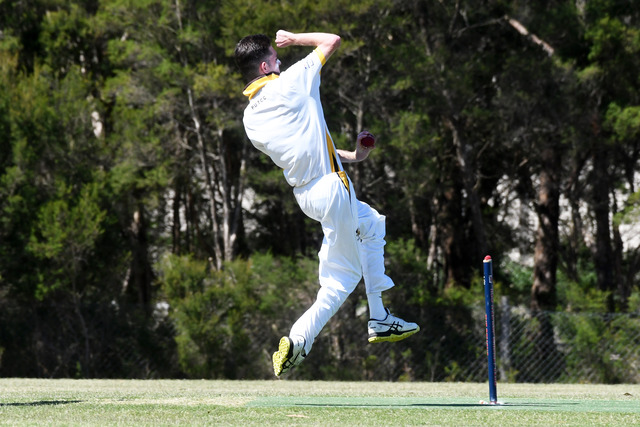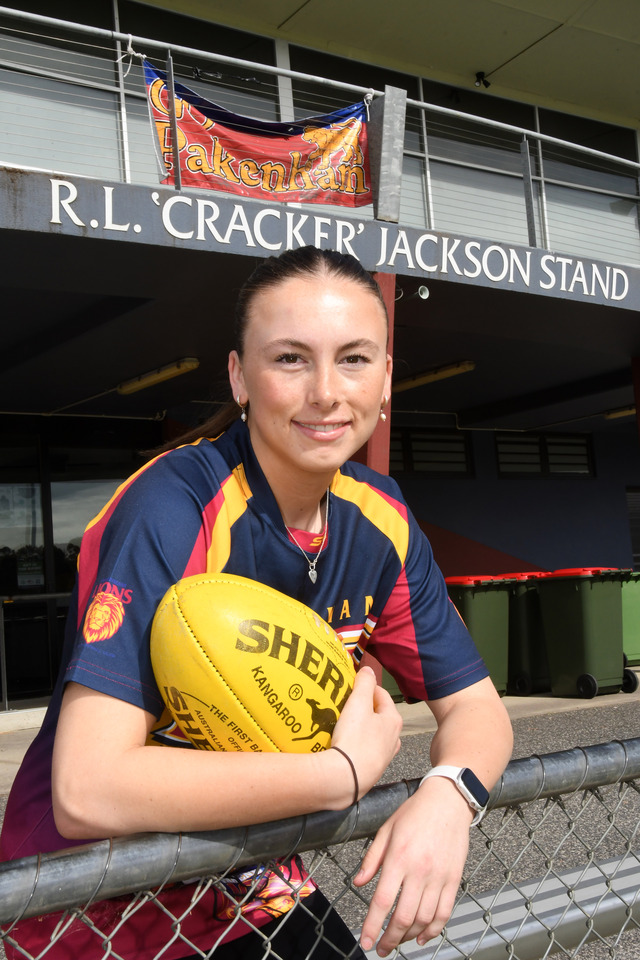Over the past two decades, Australians’ trust in democracy has been in “freefall“.
While trust in local councils has always remained higher than in the federal government, a loss of trust in the democratic system affects local council’s capacity to function because people can disengage.
A new youth-led policy paper, written by a Canberra-based law student, is offering a timely roadmap to rebuild public trust and connection through inclusive, grassroots engagement — urging candidates and councils to prioritise meaningful participation and community inclusion especially ahead of the upcoming state election.
Alexander Titus’ paper, Reviving the Local: Rebuilding Trust Through Civic Participation, is one of several contributions produced through Global Voices Australia—a not-for-profit that empowers young Australians to engage with policy, diplomacy, and global leadership opportunities.
His policy paper was driven by a desire “to start to bridge the gap between the politically engaged and disengaged and address a lot of the anxieties, frustrations and confusions that people have with the way our democracy works”.
“In Canberra, I do a lot of work with South Asian and working class communities—I meet a lot of ordinary people who are struggling to feel like they are included in decision-making processes that affect them,” Alexander said.
Flabia Orison, a South Sudanese-Australian policy practitioner, community advocate, and founder of Transcend Beyond the Scope, has mentored Alexander through every stage of the policy development process.
The Officer resident said his work stood out because it was “both practical and people focused. That balance is what makes policy meaningful and lasting, and it’s exactly what we aim to foster through our Fellowship”.
The paper highlights “Australian democracy is inaccessible to both the broad majority and vulnerable minorities; outside of voting, the average Australian has little active engagement in political organising and community building”.
“That line stayed with me,” Flabia said. “It speaks to the urgency of designing systems people actually feel part of—not just systems they vote within.”
She believes local councils like Cardinia Shire and Casey have a unique opportunity and responsibility to shift this dynamic.
“Local government is often the first point of contact young people have with civic life,” Flabia said.
“For young people from migrant and multicultural backgrounds, early inclusion matters. It tells them their voice belongs here. That investment creates not just future leaders, but present ones.”
For this policy proposal, ‘accountable’ local governments are those that have a strong and responsive relationship with their electorate.
This policy suggests that this would be achieved by improving electoral laws to encourage voter engagement and reduce voter fatigue. On the other hand, ‘inclusive’ local governments are those that not only include a wider range of people but are designed to ensure better local-level governance.
“This would ensure that people are incentivised to participate in local council politics and that this process is equitable and inclusive to breathe life back into local communities,” Alexander wrote.
Flabia, who sits on Cardinia Council’s Multicultural Advisory Group, said she’s already seeing some positive steps.
Through her work on the VOICE Project—a collaboration between CMY, the Burnet Institute and Monash Action Lab— Flabia witnessed how co-design led to safer, more effective mental health programs for South Sudanese youth.
“When communities are part of the process, the outcomes speak for themselves,” she said.
But she warns that real change depends on follow-through. “Across Victoria, there’s often a gap between consultation and impact. Communities are asked to participate, but they don’t always see how their input shapes outcomes,” Flabia said.
“To bridge that gap, we need to move beyond representation into co-creation. That means building trust, following through on feedback, and embedding community leadership in
decision-making structures. The foundation is there. Now it’s about deepening it,” Flabia said.
“Communities want to know that their time and insights matter. Councils need to close the loop—be transparent, stay present, and make decisions with, not for, the community. It’s not about doing more. It’s about doing it differently,” Flabia said.
She also stressed that the key is consistent, culturally informed engagement.
“Councils should work with trusted community leaders who already understand how to navigate complex cultural dynamics. Programs should be co-designed, not simply presented for approval,” Flabia said.
Global Voices, CEO Elly Hanrahan said Alexander’s work reflects a broader trend in youth policy leadership.
“Young people stand to inherit the long-term impacts of decisions made today, and that’s why they are the perfect people to help shape policy”.
“We see real power in young people coming to the table not just to point out what’s broken, but to offer solutions.
“It’s easy to say something should be done; what’s harder, and far more valuable, is stepping up with a plan. That’s what we equip our Fellows to do.
“Our young cohorts are given the tools and confidence to drive real, local change. They become the kind of leaders who will listen, act, and lead with integrity—from their neighbourhoods to the national stage.”
Cardinia Mayor Jack Kowarzik said their engagement process faciliates interaction with diverse range of community members in an open and meaningful way, ensuring every voice in Cardinia Shire has the chance to be heard and valued.
“This involves actively consulting young people, First Nations and multicultural communities through advisory groups, youth and school holiday programs and events, in-person visits, pop-ups and via our online engagement platform, Creating Cardinia.
“Along with my councillor colleagues, we get lots of feedback from residents and use this to inform our decision making in Council. We acknowledge that more work needs to be done to engage our young people, and we are working on ways in which we can further increase their participation through Council Plan initiatives. Of course, Council’s Youth Services team works with young people across the shire to create opportunities for participation and to ensure their voice is considered in our decision making.
“Our recently adopted Community Engagement Policy and internal guidelines have introduced several key improvements to ensure our community can be more involved in shaping local policies and decisions. We have introduced employee guidelines with advice on accessible and inclusive language as well as expanded our engagement and communication methods and tools to promote interactive and meaningful feedback opportunities to reach a wider variety of audiences.”
For readers interested, the full archive is available: https://www.globalvoices.org.au/post/reviving-the-local-australian-community

